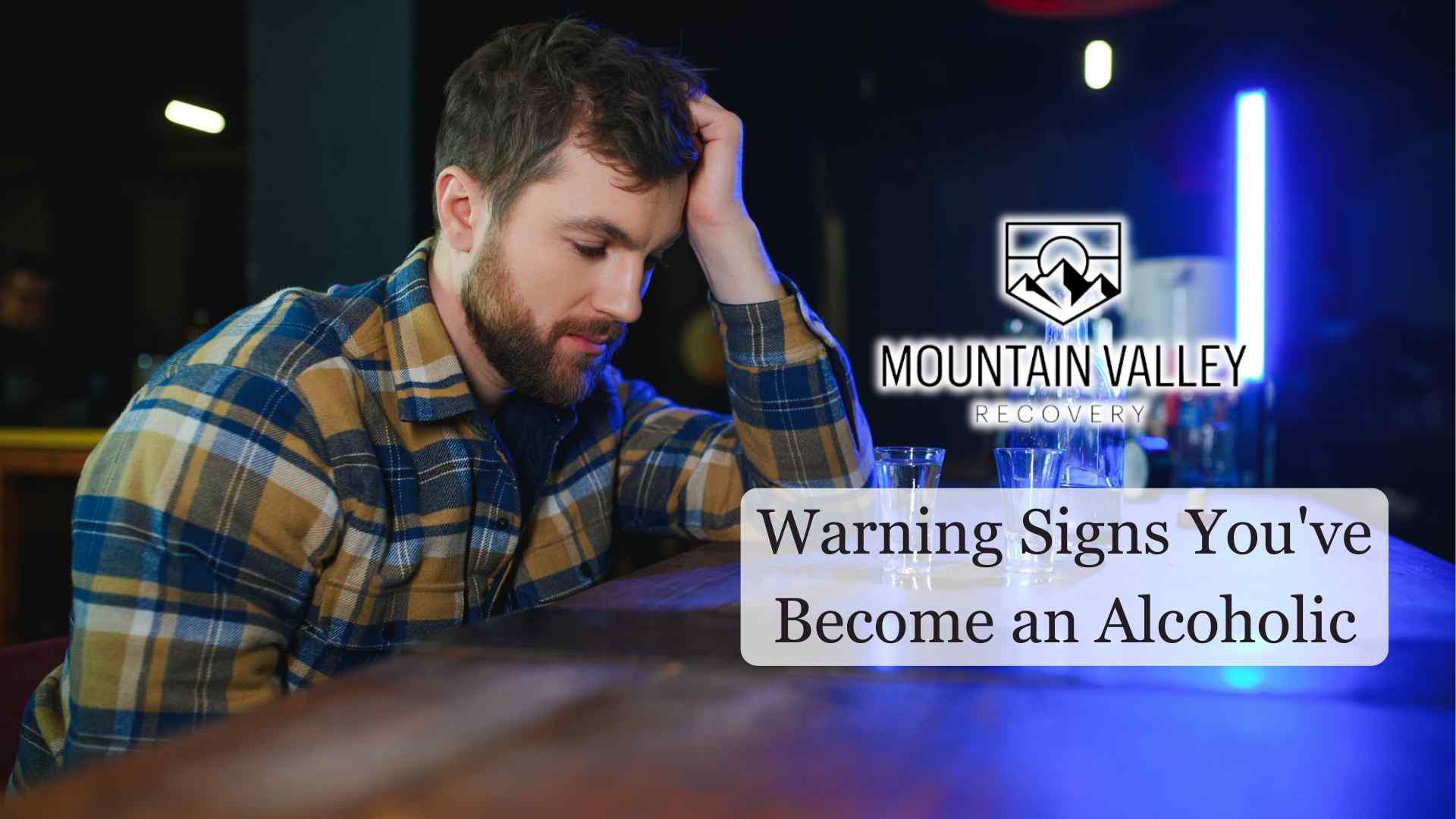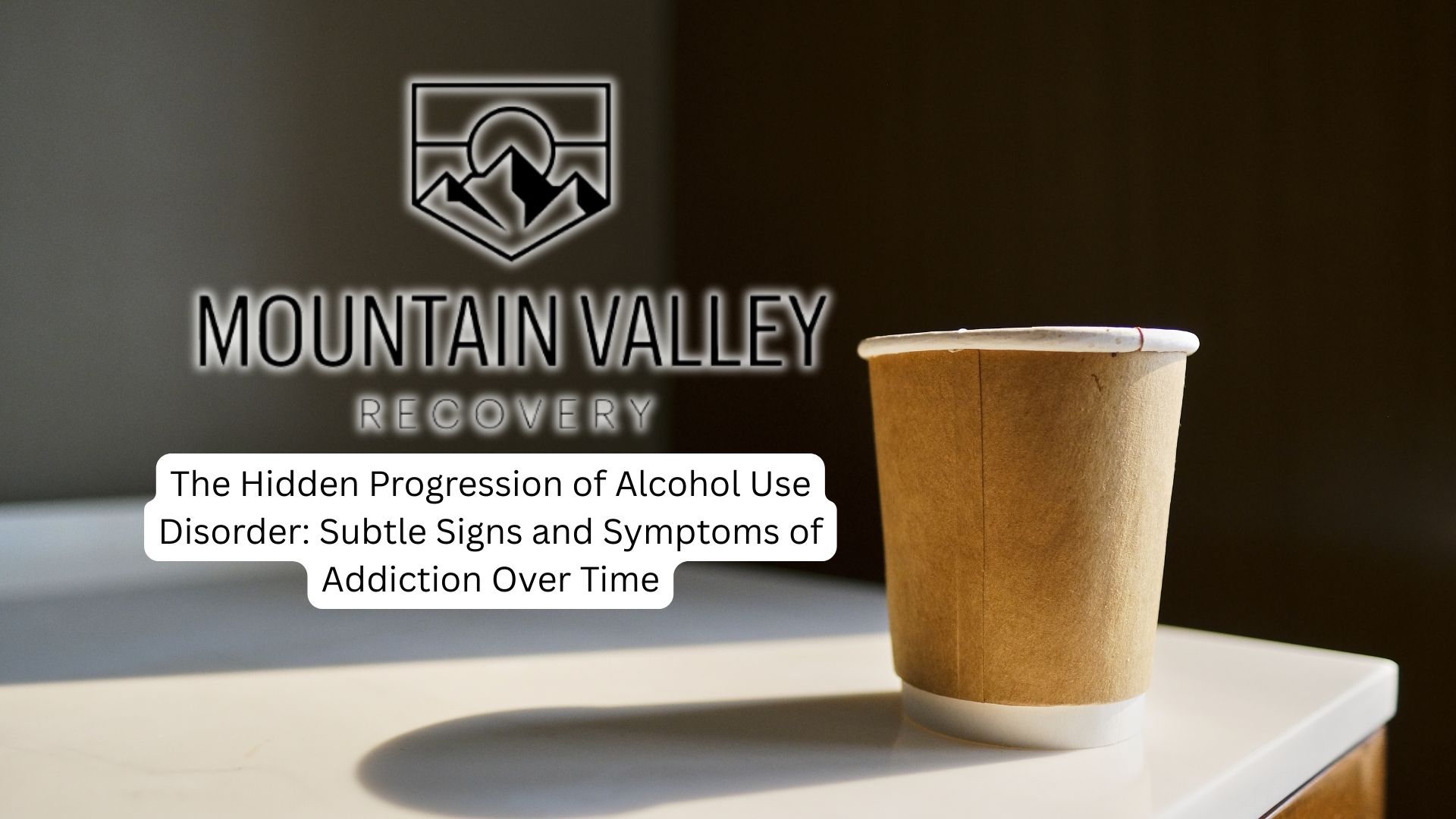In a society where drinking is deeply embedded in numerous social and cultural situations, it can be difficult to recognize the gradual changes that suggest a developing issue. Whether it’s an additional glass of wine during dinner, the increasing regularity of after-work drinks, or the way alcohol appears to be the default remedy for stress management, the road to alcoholism can be laid with seemingly harmless routines.
This article intends to illuminate the red flags that you may have crossed the boundary from casual drinking to alcohol addiction.
Prioritizing Drinking Over Social Interactions
If you find yourself consistently choosing activities that revolve around alcohol over spending quality time with friends and family, it may be a sign of alcoholism.
When prioritizing drinking becomes the norm, your relationships can suffer. You might be the first to arrive at gatherings where alcohol is served and the last to leave, neglecting other commitments.
As alcohol consumption takes center stage, you may find your social circle shrinking to mainly fellow drinkers. This preference for alcohol-centered interactions can strain relationships with loved ones who feel less important than your desire to drink.
If this pattern sounds familiar, it’s crucial to recognize these red flags and consider seeking help for potential alcohol use disorder.
Becoming Defensive When Questioned About Drinking Habits
If you find yourself making excuses for excessive alcohol use or reacting with hostility when confronted, it may indicate an underlying issue. This defensiveness can prevent you from acknowledging the negative consequences of your drinking, making it difficult to seek help or change your behavior.
Recognizing this pattern is crucial, as it often reflects a deeper struggle with acceptance of the problem. By addressing these defensive tendencies head-on and being honest with yourself about your relationship with alcohol, you can take the first steps towards getting the support you need to overcome alcohol use disorder and regain control of your life.
Experiencing Significant Personality Changes While Under the Influence
If you become significantly more extroverted or aggressive than usual when under the influence, it’s one of the warning signs of alcoholism. These alcohol-induced personality shifts can lead to oversharing, risky behaviors, and strained relationships.
Your typically reserved demeanor may vanish, replaced by a loud, boisterous version of yourself. Or, your calm disposition could give way to hostility and aggression.
Such drastic transformations are signs of a potential drinking problem.

Struggling to Adhere to Self-Imposed Drinking Limits
People may establish personal guidelines or boundaries around their alcohol consumption, like restricting themselves to a specific number of drinks in an evening or only drinking on certain days of the week. However, they often struggle to adhere to these self-imposed rules consistently.
This behavior frequently results in consuming more alcohol or drinking for longer durations than originally planned, despite sincere attempts to reduce intake or stop altogether.
As tolerance increases, the individual may require progressively larger quantities of alcohol to achieve the desired effects, which further complicates efforts to control consumption.
The inability to regulate drinking, even when making a conscious effort to do so, demonstrates the compulsive aspect of alcoholism and the growing influence that alcohol exerts over the person’s actions and choices.
Consuming Alcohol Throughout the Day
Consuming alcohol during work or school hours, engaging in secretive drinking to avoid detection, and allowing your alcohol use to interfere with responsibilities are all significant warning signs of a potential alcohol use disorder.
If you find yourself needing to drink despite negative consequences to your health, relationships, or productivity, it’s time to reassess your consumption of alcohol.
Continuously drinking from morning to night indicates a loss of control over your alcohol use.
Experiencing Withdrawal Symptoms When Not Drinking
Experiencing withdrawal symptoms when you’re not drinking is a serious warning sign that your body has developed a physical dependence on alcohol.
Withdrawal symptoms can include tremors, sweating, nausea, and anxiety when you reduce or stop drinking. In severe cases, withdrawal can lead to dangerous symptoms like hallucinations and seizures, known as delirium tremens (DTs), which may require medical attention.
The presence of withdrawal symptoms indicates an alcohol use disorder (AUD) and suggests you’ve developed a high tolerance, needing larger amounts to achieve the same effects.
Experiencing withdrawal signifies your body has adapted to alcohol, making it difficult to stop drinking without discomfort or distress.
Final Thoughts from Mountain Valley Recovery
Located in the tranquil setting of Holden, Utah, Mountain Valley Recovery offers a distinctive ranch-style rehabilitation experience designed to tackle the unique needs and obstacles men encounter when fighting alcohol addiction. Our program integrates evidence-based therapies with a supportive, male-oriented approach that can be especially beneficial for men grappling with alcoholism.





